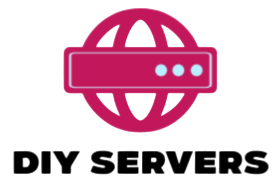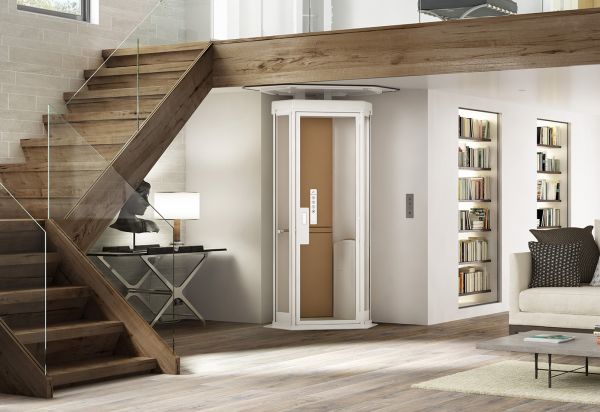It is not necessary to hire an elevator company to inspect a home elevator. Instead, homeowners can do it personally with everything else they have on the go. If you inspect your own ascensores unifamiliares sin foso, you’ll need to follow some best practices in order to get approved at the government level.
Here are tips to inspect your home elevator:
- Check the Breakdown history
Home elevators should be inspected every year. If it is not taken care of, there can be some signs; first, the elevator is not as smooth as you have experienced before. Second, when you open the door and hear a loud noise, that’s a sign that the motor is not working properly.
The breakdown history will tell you how long it has been since the last inspection or repair was done. You can get it from elevator Inspection Company or any other source.
- Check the lift cable
Is the lift cable too loose or too tight? If it is too tight, you will have to adjust it. If it is too loose, you have to tighten it. You can try to tighten or loosen the elevator by yourself. This can be done by loosening or tightening the clamp bolt where the cable is anchored on the wire rope drum. Make sure that you check whether there are any signs of wear and tear on your elevator cables.
- Check the elevator carriage
Is the elevator car rusty? Are there anything missing or broken on your elevator car? If you do notice any of these signs, you can get it fixed by yourself.
- Test the doors and floors
Test the doors and floors to make sure they operate smoothly and properly. Do this by simulating a full run with passengers in the elevator car. When you are testing, check whether you hear any noises that are abnormal or unusual during each movement of the doors and stops of your elevator.
- Check the landing
You can test the landing by simulating a full run with passengers in the elevator car. During testing, make sure that you do not hear any noises that are abnormal or unusual during each movement of the doors and stops of your elevator.
- Check for rust and cracks
Look for signs of rust and holes on every part of your home elevator especially in the cables and wires. Cracks and rusts are signs that the elevator is getting old. They can cause accidents if not checked.
- Insure everything works
After rechecking your home elevator, you can now insure every parts and pieces of your home elevator. You will never know what will happen in the future, so it is best to check everything from the bottom to the top throughout your whole home elevator.

